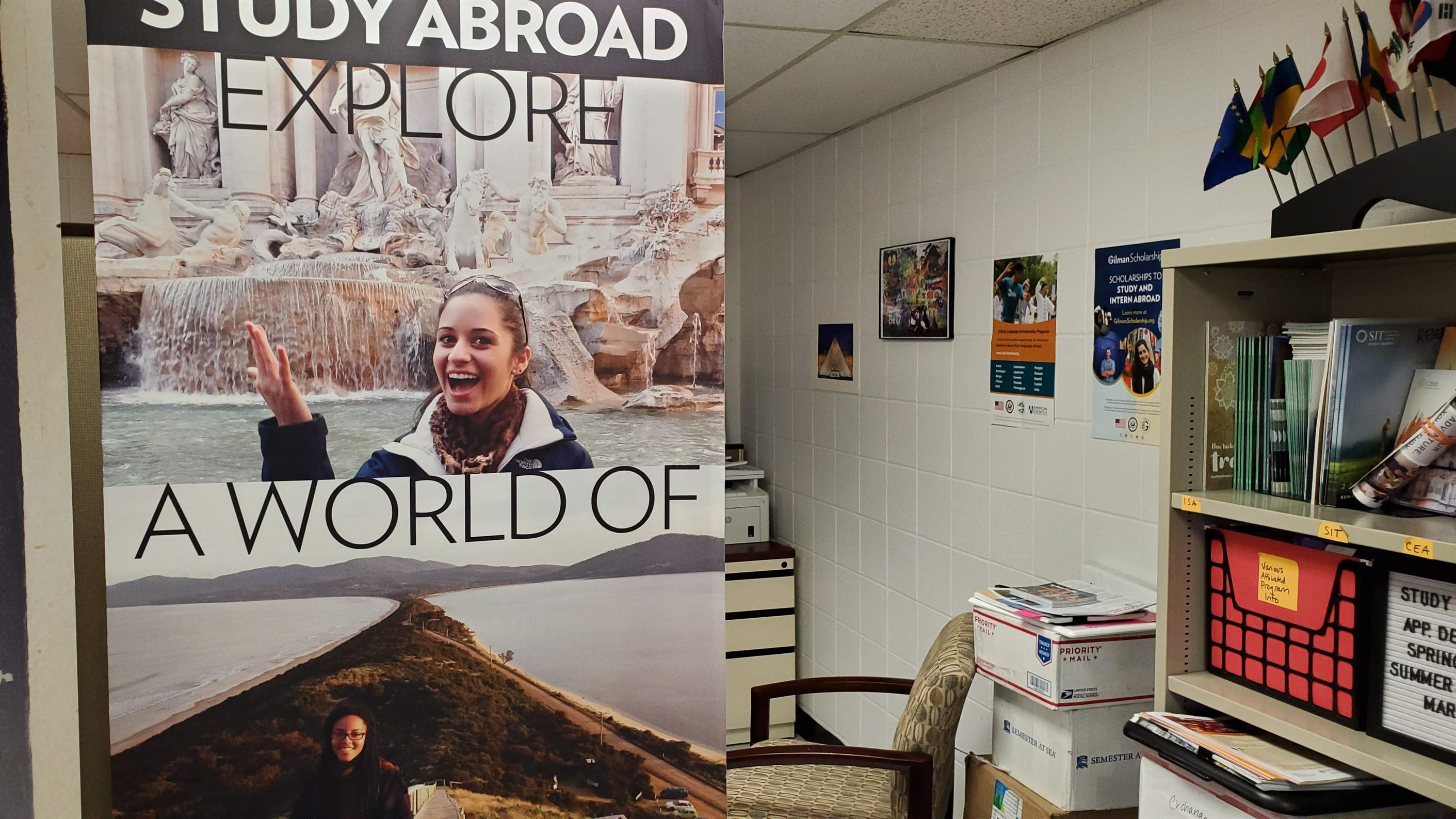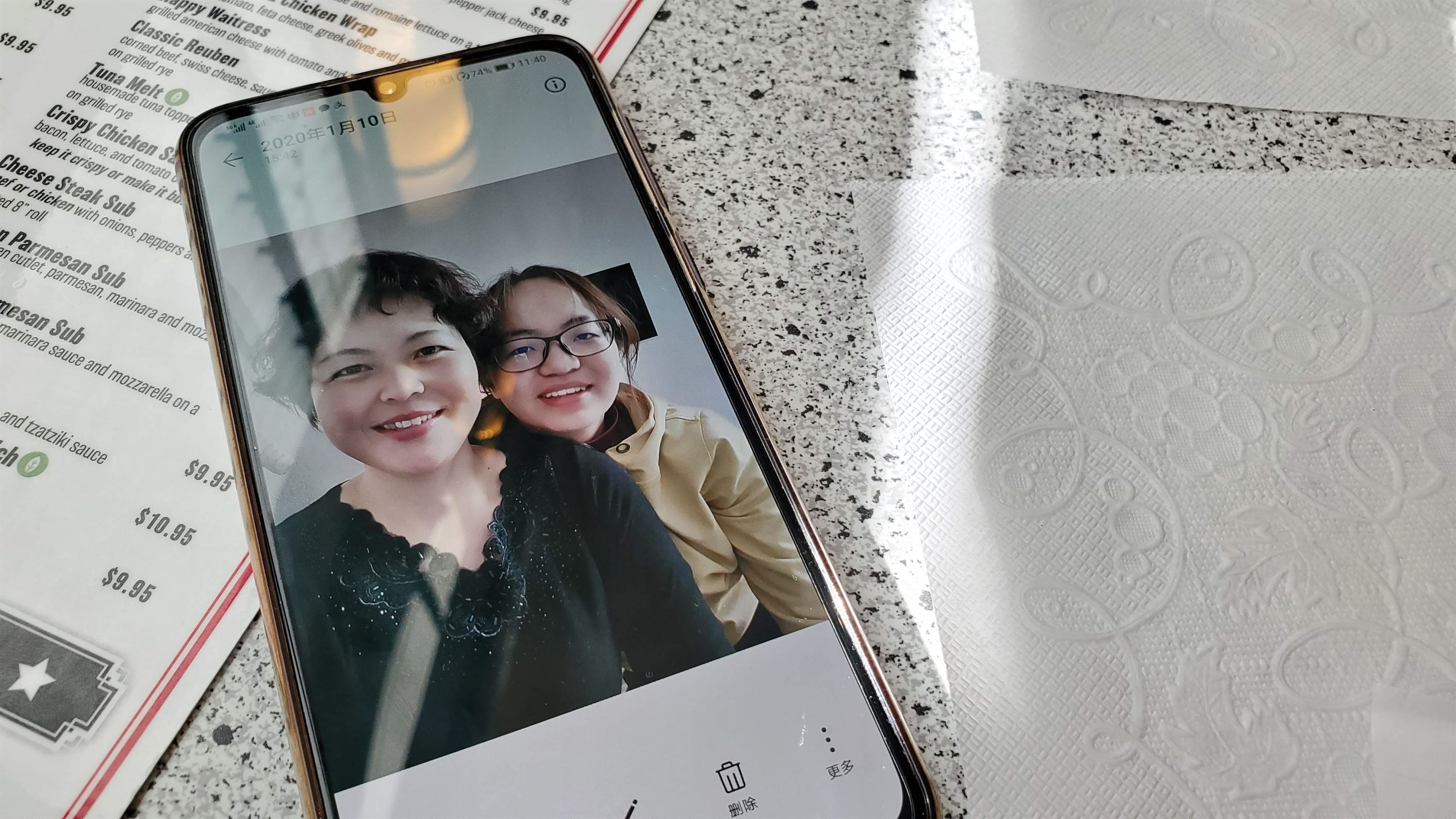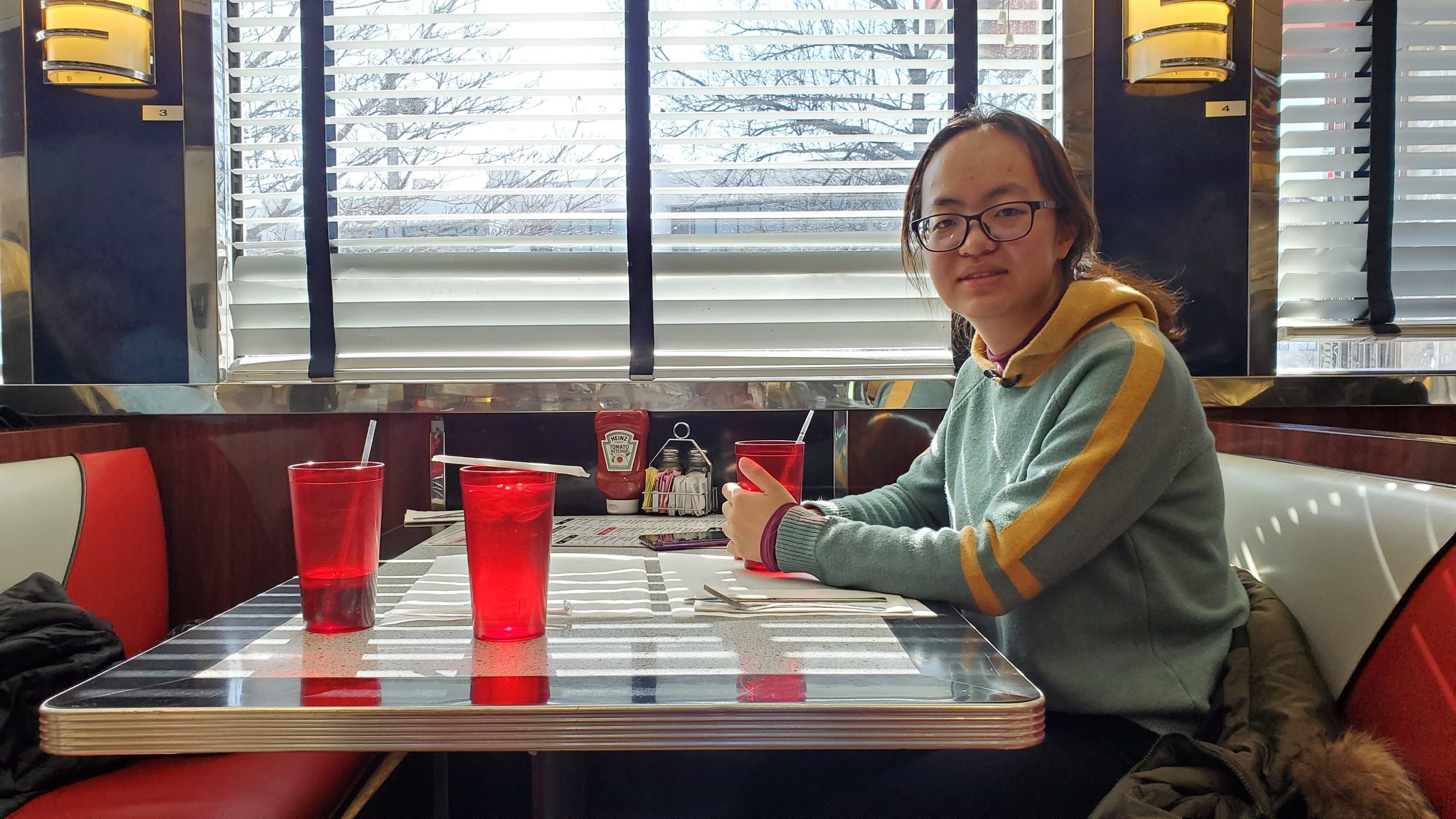Hongxia Gao is almost 8,000 miles away from her home, studying at Montclair State University where clear blue skies and a quiet campus make up the setting at the Red Hawk Diner. Back in her home country, however, the mood is quite different, as a coronavirus outbreak (COVID-19) affects thousands in China and other countries worldwide.
Gao is a junior from the Yunnan province in southwestern China and studies computer science at the University of International Business and Economics in China’s capital, Beijing. She was accepted into the Montclair State’s exchange program late last year and arrived in the United States on Jan. 17, 2020.
Gao first learned about the coronavirus outbreak in her first week in the U.S., around the same time it was making headlines in the West.
“By that time, my friends and family just heard from the news [too],” Gao said.
The outbreak of the virus originated from Wuhan in the Hubei province of China, which is about 900 miles away from Gao’s home province. As of March 9, 2020, more than 80,000 people in China have been affected by the virus and about 3,100 have died from it, according to the World Health Organization.
Gao is worried about the outbreak affecting both China and other countries such as Japan and South Korea. Japan now has over 500 cases.
South Korea also saw a surge in cases with more than 7,400 cases. The United States has also seen a spike with more than 600 cases; New Jersey has now reached double-digits of confirmed positive cases.

Montclair State University canceled university related travel to areas affected by the virus.
Photo courtesy of Mark Koosau
Montclair State canceled all of their study abroad programs to and from China and later canceled university related travel to other virus hot spots such as South Korea and Italy. They have recommended those who have traveled there to self-quarantine themselves for 14 days, the virus’ approximate incubation period.
Gao says that her family, which consists of her mom, dad and grandfather, are alright, but they have to stay at home. China ordered mass lockdowns, quarantines and travel bans to stop the virus from spreading across the country.
“If they want to go out and buy something, they have to get permission from the local government. Once they go out, they have to wear respirator masks and then clean themselves after they come back home,” Gao said.
Her mother is an employee of state-owned enterprises, who works with proper protection and her father is a businessman that buys and sells fertilizer; he is not allowed to transport it because of the outbreak.

A picture of Gao and her mother. Gao says that her family has to stay at home.
Photo courtesy of Mark Koosau
“Everything in the road must be either medicine or just to return,” Gao said.
Gao also says that her father feels a little depressed at home. Her friends in China seemed happy at home, but now they want to go back to school. They also have to study online and do homework.
In other parts across the world, the fear of the virus has caused anti-Chinese and anti-Asian sentiment. University of California, Berkeley’s health services center in California received criticism over listing xenophobia toward Asian people as a “normal reaction” in an Instagram post about COVID-19, which was later deleted and an apology was issued by the university.
Gao has not noticed anything different from the way she has been treated, though she does know about discrimination in other foreign countries.
“The teacher from the [Office of] International Engagement sent an email to ask if I’m fine and said that if you want to say something, you can come here to talk to [us],” Gao said.
Gao goes back to China in May, but it is unknown whether or not the outbreak will be contained by then. For the time being, she will continue her studies, but the future remains unclear.



